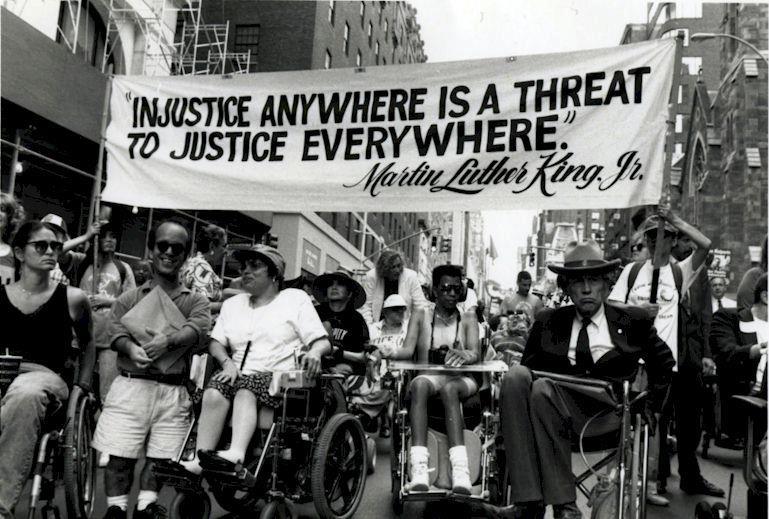Bringing together strands of recent thoughts … the blues…
Recently I updated the “Got the blues so bad” mix/Nick’s True Blues Playlist – skewing heavily to the first bluesmen recorded vs later interpreters, the Southern backwoods “sundown comin’ & klan caught up to me at the crossroads” blues and that type of bluesman. Muddy Waters, B.B. King, Buddy Guy, Magic Slim, John Lee Hooker, the genuine article, the real bluesmen and those true to their spirit, like The Animals, or The Rolling Stones or Eric Clapton in their harder blues moments…
Mick Jagger knows the old blues lyrics, somehow Muddy Waters and Harpo Slim and recordings like that made their way across the pond to London, but ol’ Mick doesn’t convey the visceral blues that caused early American bluesmen to shout and stomp it…maybe Mick Jagger could pull off “so many beautiful supermodels (Jerry Hall Blues)” or the “Bad Music Video Dancing Blues” but can’t convey the blues felt down on the plantation, the woes of the dispossessed sharecropper’s son turned-itinerant musician…though, in fairness, the Stones pulled off some authentic blues standards and genuinely bluesy original tunes, and Keith Richards certainly comes from the ugliest corner of the wrong side of the tracks, England, and can definitely firmly grasp the blues, could shout the “1950s dentist got no anesthetic Blues“.
But I’m talking about the Southland that birthed the blues (about the song), the blues that began as slave stomps and chain-gang hollers, then grew increasingly sophisticated with the addition of guitars, harmonicas, piano, and eventually electrified instruments (none have really plumbed the depths of fully electric synthesizer blues, The Animals did lots with the organs and early synth-keyboards available in the ’60s, Steve Winwood had the whole enchilada of synthpop tech but just scratched the surface).
Listening to the electric blues on Florida St. and Imogene by the old freight train junction, Mobile, Alabama, thanks to fellow-Spring Hill College Class of 2004 Mobile kid Daniel Spotswood, I learned something about the blues that isn’t in the books, that the blues isn’t just a musical style, it’s an emotion. It’s something visceral, intangible, possibly magical or at least existing in the undefined anthropological ether… something that might be non-recordable on tape.
The blues, the Real Blues, came from the systematic oppression, de facto (sharecropping) and actual outright slave economy of the deepest Deep South, songs of hell, songs of humanity persisting within the fieriest of Beelzebub’s trials…
The life of Robert Johnson illustrates what I mean. He was born from Julia Dodd’s re-marriage after Mr. Dodd got run out of town by a literal lynch mob over a woman and the white plantation caste that owned the area probably dispossessed the Dodds of everything. In the Mississippi Delta counties especially, generational socio-economic gains could be washed away as fast as the Mississip’ risin’ if you were on the wrong side of the vicious legal and police-state-enforced Apartheid system—AKA Jim Crow— in effect in the first half of the 20th century. In Robert Johnson’s times, racism wasn’t just hateful attitudes but enshrined in law, enforced by the state; segregation, oppressive discrimination, denial of economic advancement/freedom in socio-economic space, and sudden death sentences by angry mob… all of this was essentially the law.
One of Johnson’s most covered songs, “Crossroads Blues”—even Cyndi Lauper recorded a rendition, 2010—refers to these Jim Crow laws. The second verse includes “the sun goin’ down now boy, dark gon’ catch me here”: alluding to the “sundown laws” or curfew, that was ubiquitous in the Deep South. The blues still have a great deal of saliency.
When unrest erupts following the conflicts in Ferguson, MO, for example, and the news is analyzing the sundown curfews, few grasp the painful history. It’s shrugged off as necessary “to maintain order.”
But, when black people hear “sundown curfews imposed in Ferguson,” many probably think of “don’t be found when the sun’s gone down.”
I think of Robert Johnson.
Nick
